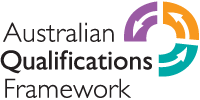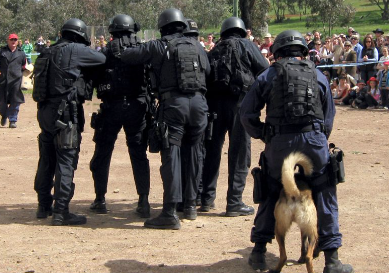This unit describes the performance outcomes, skills and knowledge required to promote ethical standards to assist staff avoid conflicts of interest and to model and foster integrity.
This unit applies to those working, either independently or as part of a team where they may have some supervisory responsibilities, in public sector roles or in similar organisational contexts. They perform complex tasks in familiar contexts.
The skills in this unit must be applied in accordance with Commonwealth and State or Territory legislation, Australian standards and industry codes of practice.
No occupational licensing, certification or specific legislative requirements apply to this unit at the time of publication.








